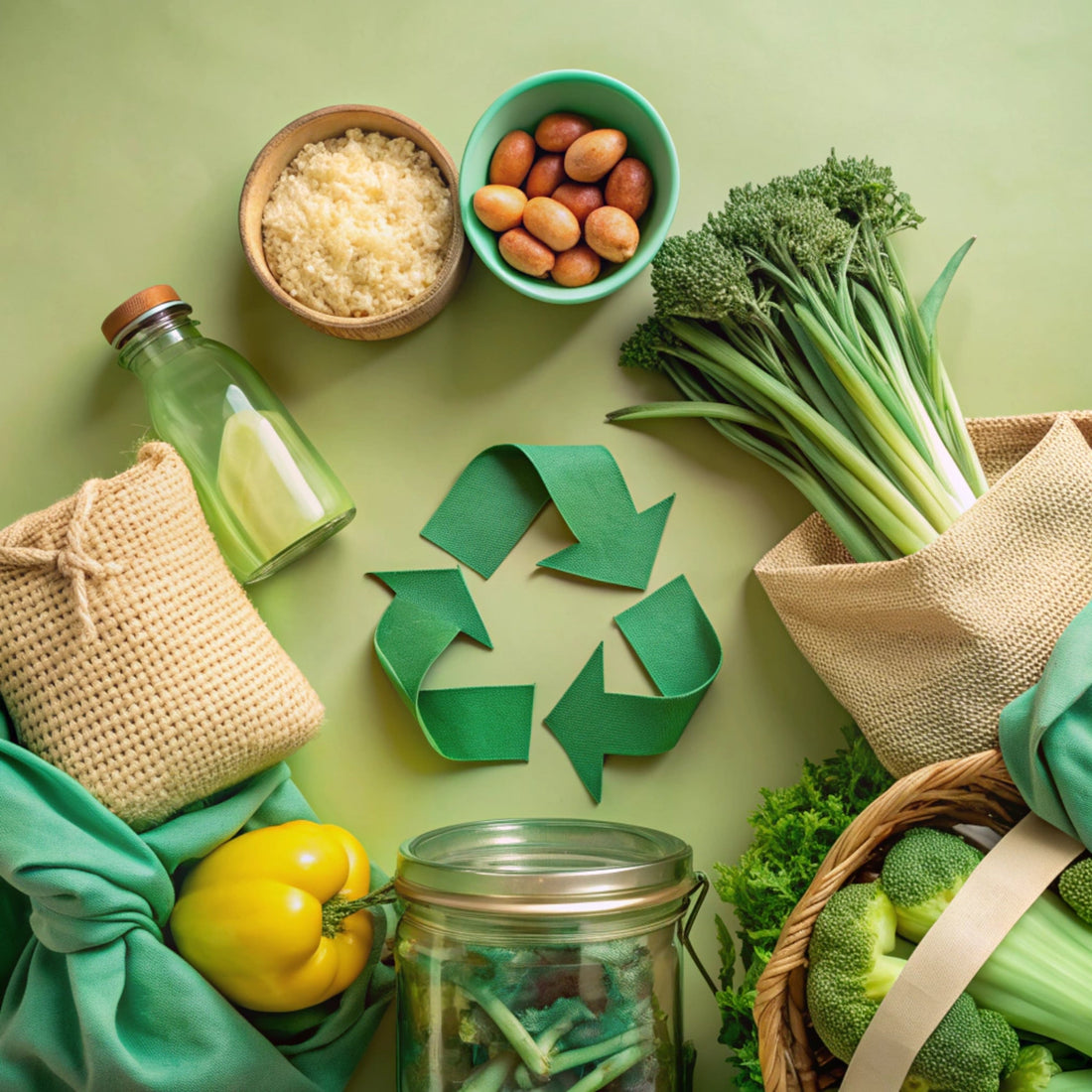
5 easy ways to reduce food wastage
The current times are one of those rarest of events where the world is more united than ever- thanks to the Pandemic! There has been tremendous individual as well as collective effort in fighting the corona virus wrath globally. Several government as well as autonomous bodies are coming together to extend support for this cause.
However, there remains a perennial question of food and nutrition crisis lurking around, which has only strengthened due to the pandemic. Extreme weathers and economic shocks have further crippled food security. According to the 2020 Global report on Food Crises, around 123 million people are facing the crisis. Also, among the 55 countries facing food crisis that were studied, it is estimated that around 75 million stunted children were present.
While there are several International, government as well as Non-government organisations that are working hard to research, analyse, understand and implement the solutions to address this problem, there is quite a modest role that we as individuals can play to this effect. It is the small bricks that make the concrete building. Similarly, through our individualistic small efforts, we can inch towards this very important sustainable development goal.
Food wastage is an irony in our society. While we see hundreds of children running on streets for the want of food, we also get to witness extreme food wastes on different occasions like at homes, restaurant, social gatherings, etc. The first step towards realising this SDG , as an individual, would be to reduce food wastage. It will not only ensure food for others, but also, regroup our own focus on nutrition as well. Following now in this discussion are some of my thoughts on how we can make big differences through small steps at home level.
Like Benjamin Franklin says- If you fail to prepare, prepare to fail. Well, it stands well for our meals too. While an impromptu cooking session definitely is an exciting weekend vibe, it sure does compromise on our time and health the other days. Planning our weekly meals ahead saves us the time in the morning rush hour when we are gearing up to go to work. Also, a weekly meal plan will ensure that all the nutrients are on our plate. Additionally, it keeps a check on our random dine out or take away!
Based on our weekly plans, we can make our shopping list well ahead and buy accordingly, in stead of guessing and overloading our pantry and not to forget- impulse buying.
Many a times we have excess of food which generally goes straight to our bins. We could instead, give them a make-over or use them in a different recipe. Also, in these cases, it is important to store the left-overs properly till the time they are consumed, in order to avoid their spoilage.
One of the best options is to have a rough estimate of our portion size. This is a standardization specific to each family depending on eating habits, financial situation as well as the food choices. Estimating our portion sizes will ensure that we do not overcook and eventually-throw the left-over food.
Many a times, specially during social gatherings, there is surplus food. There are several organisations who are working to connect this surplus supply to the needed people. We could always reach out to the concerned local authorities and try to utilize the surplus food by sharing it with the less fortunate ones, instead of wasting it.
Zero hunger seems to be an overarching sustainable development goal to achieve by 2030 in the current scenario. However, each of our small efforts in realising this, will take us closer to the goal, thereby minimising the gap. Also, it will help us to be more organised and informed of our choices and actions, thereby, making a difference to the society!
